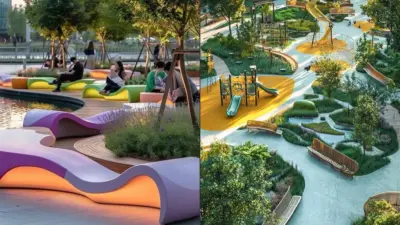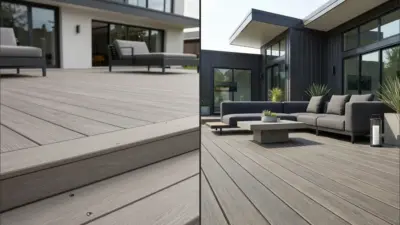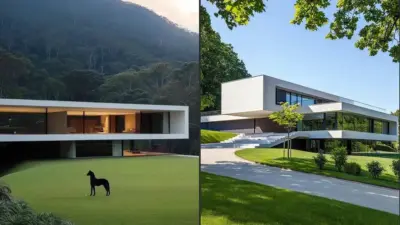Verandas are a quintessential feature of homes worldwide, offering both functionality and aesthetic appeal. They bridge the gap between indoor and outdoor spaces, creating a versatile area for relaxation, entertainment, or simply enjoying a peaceful evening. From modern designs to traditional styles, verandas cater to diverse architectural tastes and functional needs.
In this guide, we’ll explore popular veranda styles, with a special focus on Australian verandas, renowned for their unique charm and practicality. If you’re looking to add or upgrade a veranda, there are countless styles to inspire you.
Classic Veranda Styles
1. Wraparound Verandas
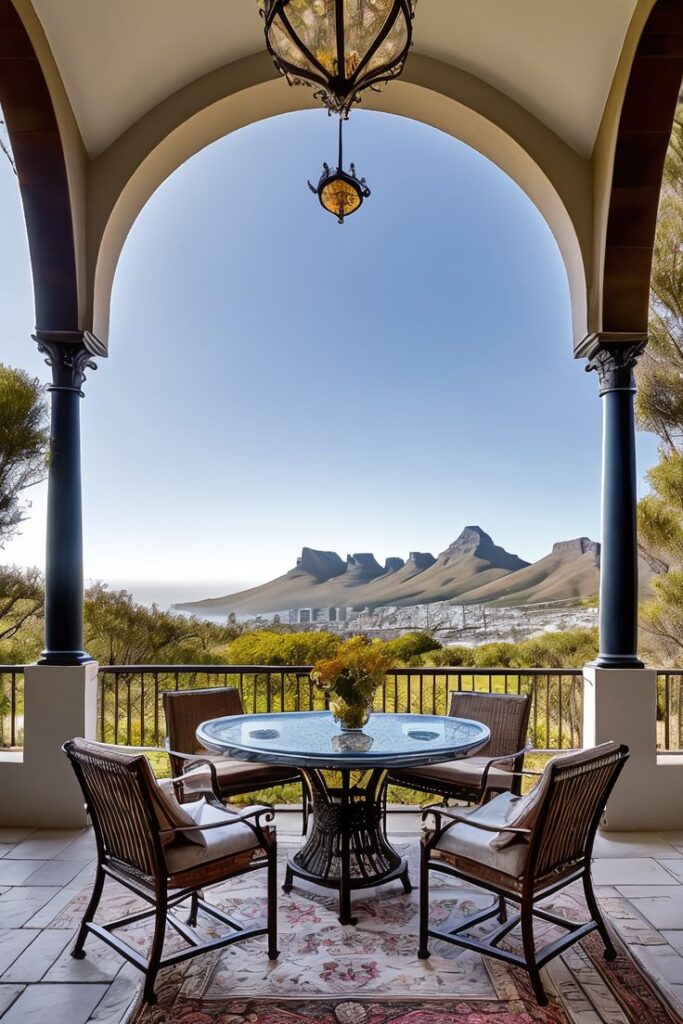
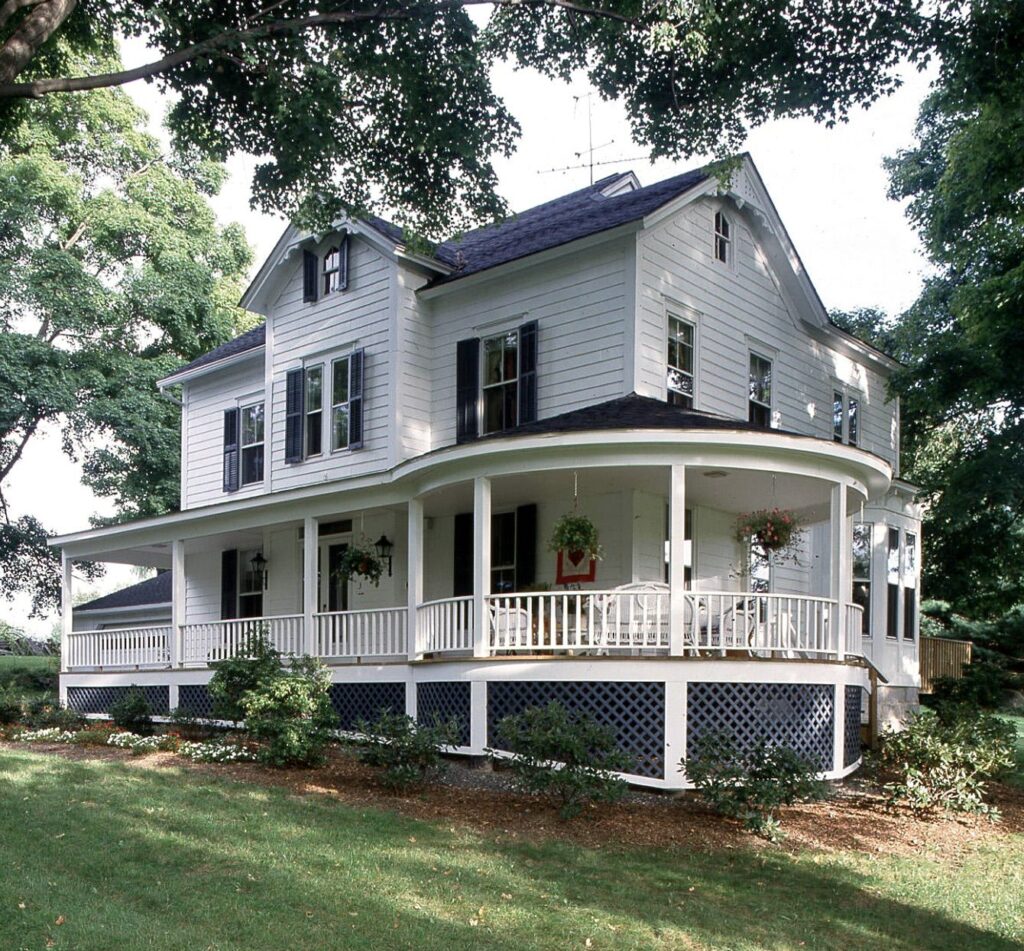
One of the most iconic styles, wraparound verandas are a hallmark of traditional homes. As the name suggests, they extend around the house, providing ample shade and a continuous outdoor space. They’re particularly well-suited for homes in warmer climates, offering a natural cooling effect and a panoramic view of the surroundings.
2. Victorian Verandas
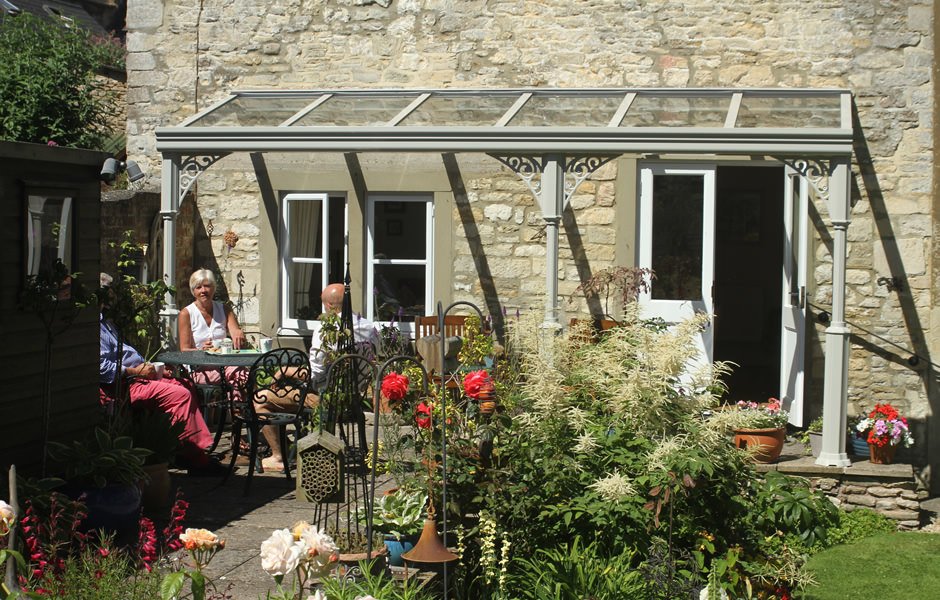
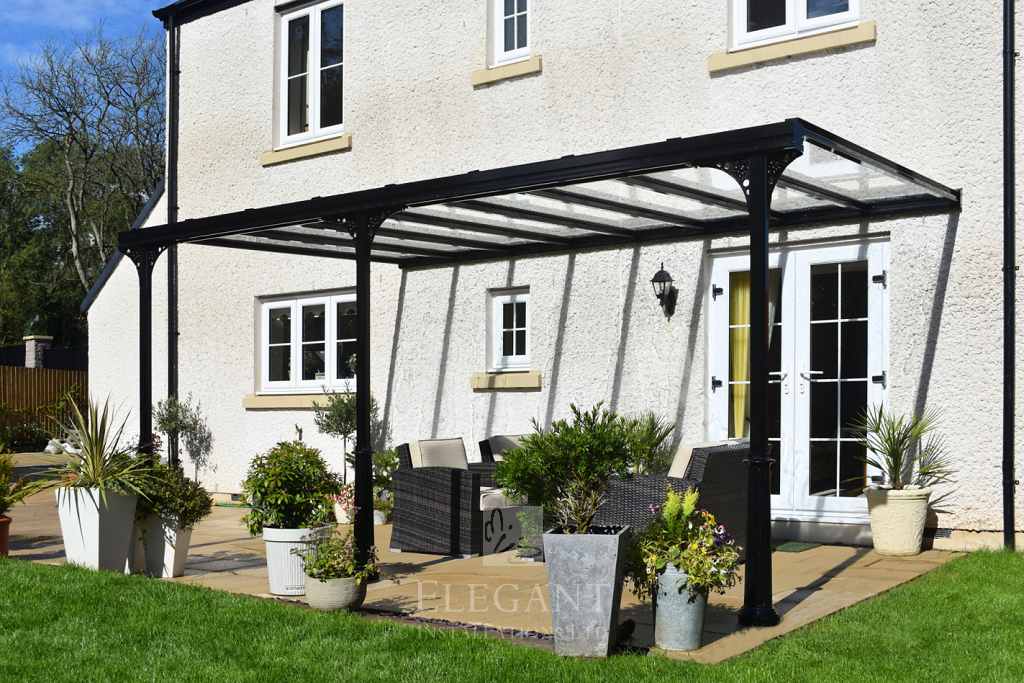
Characterised by ornate detailing and intricate ironwork, Victorian verandas exude elegance and old-world charm. These verandas are typically adorned with decorative posts, lace-like friezes, and railings. Perfect for period-style homes, they add a touch of sophistication and historical significance.
3. Contemporary Verandas
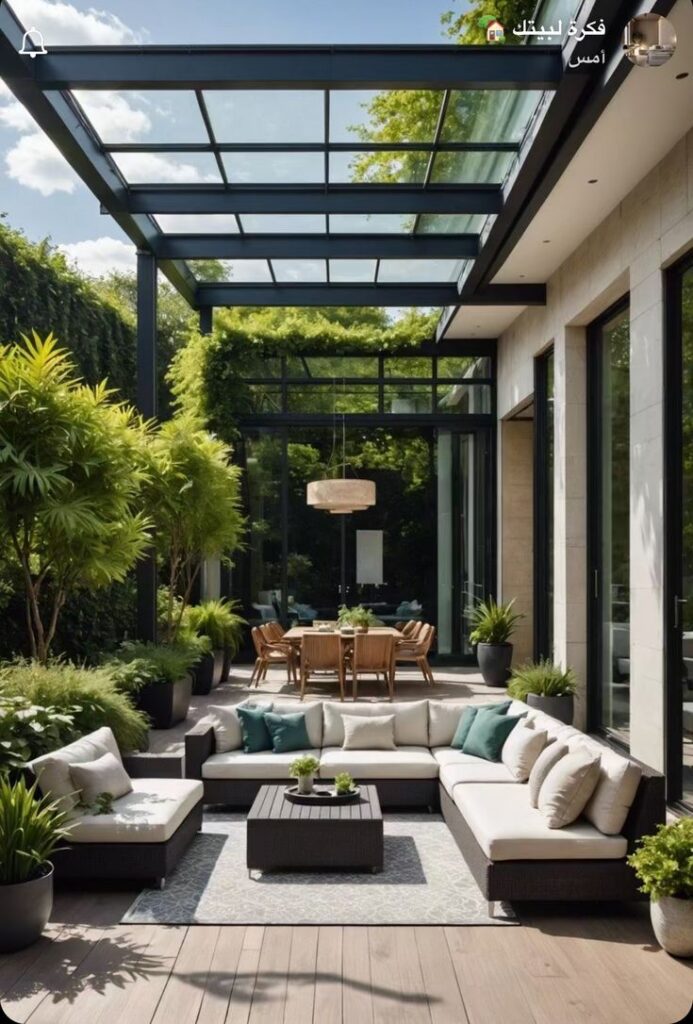

Modern verandas focus on clean lines, minimalist designs, and functionality. Often made with materials like steel, glass, and polished timber, they complement modern architecture and provide a sleek, understated look.
4. Pergola-Inspired Verandas
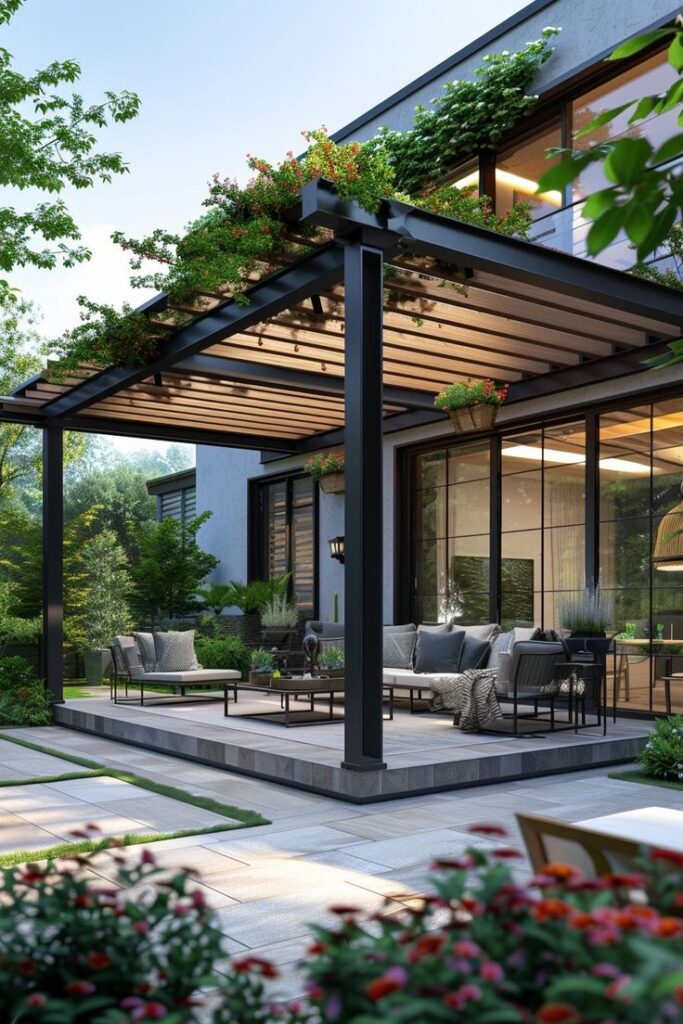
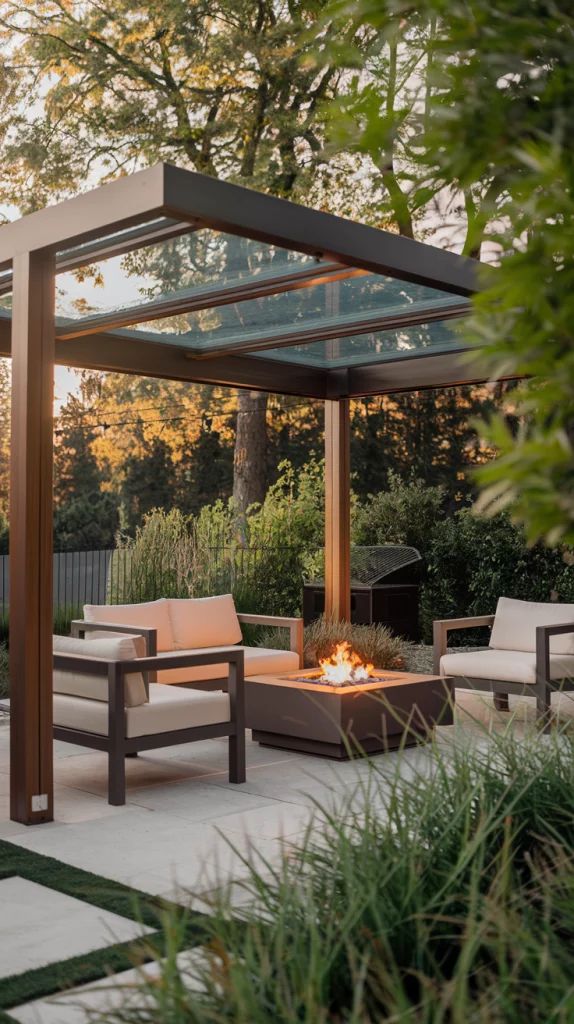
Combining the structural design of pergolas with the utility of verandas, this style offers partial shade and an airy feel. They’re perfect for climbing plants, which add a natural, lush canopy over time.
The Australian Veranda: A Cultural Icon
When it comes to verandas, Australia has truly embraced this architectural feature. From sprawling homesteads in the outback to suburban homes in bustling cities, Australian style verandas are celebrated for their versatility and charm.
Why Are Verandas Popular in Australia?
The Australian lifestyle is synonymous with outdoor living. Verandas provide a practical solution for enjoying the outdoors while being shielded from the sun’s intense rays or unexpected rain. These spaces are often used as an extension of the home, serving as alfresco dining areas, entertainment zones, or quiet retreats.
Design Features of Australian Verandas
Australian verandas often draw inspiration from colonial architecture, featuring wide, overhanging roofs and sturdy posts. Popular materials include timber and Colorbond steel, known for their durability and ability to withstand Australia’s varied climate.
Always hire experienced verandah builders who can offer classic Australian verandah designs to suit your home rather than one size fits all kit builds. Their expertise ensures that your veranda will be both visually stunning and highly functional, perfectly complementing your home.
Modern Twists on Traditional Designs
Australian verandas have evolved to include modern elements, such as bi-fold doors that open up to the veranda, creating a seamless transition between indoor and outdoor spaces. Many homeowners also incorporate features like outdoor kitchens, built-in seating, and stylish lighting to enhance usability and aesthetics.
Choosing the Right Veranda for Your Home
When selecting a veranda style, consider the following factors:
- Architectural Compatibility
Your veranda should complement your home’s overall style. For example, a Victorian veranda suits a heritage home, while a sleek, modern veranda pairs well with contemporary architecture. - Climate and Weather Conditions
In areas with extreme weather, materials like Colorbond steel or treated timber are ideal for durability and resistance to elements. - Functionality
Think about how you intend to use the space. Do you need a shaded area for lounging, a space for outdoor dining, or a mix of both? Customisation can ensure your veranda meets your specific needs. - Maintenance
Some styles and materials require more upkeep than others. Choose a design that aligns with the time and effort you’re willing to invest in maintenance.
Inspiring Veranda Additions
Greenery and Landscaping
Incorporate potted plants, hanging baskets, or climbing vines to create a verdant oasis. This not only beautifies the space but also provides natural shade and improves air quality.
Furniture and Decor
Opt for weather-resistant furniture that blends with the veranda’s style. Add outdoor rugs, cushions, and string lights to create a cosy, inviting atmosphere.
Sustainable Features
For eco-conscious homeowners, integrating solar-powered lights or rainwater harvesting systems can make your veranda both stylish and sustainable.
- 7shares
- Facebook0
- Pinterest4
- Twitter3
- Reddit0

